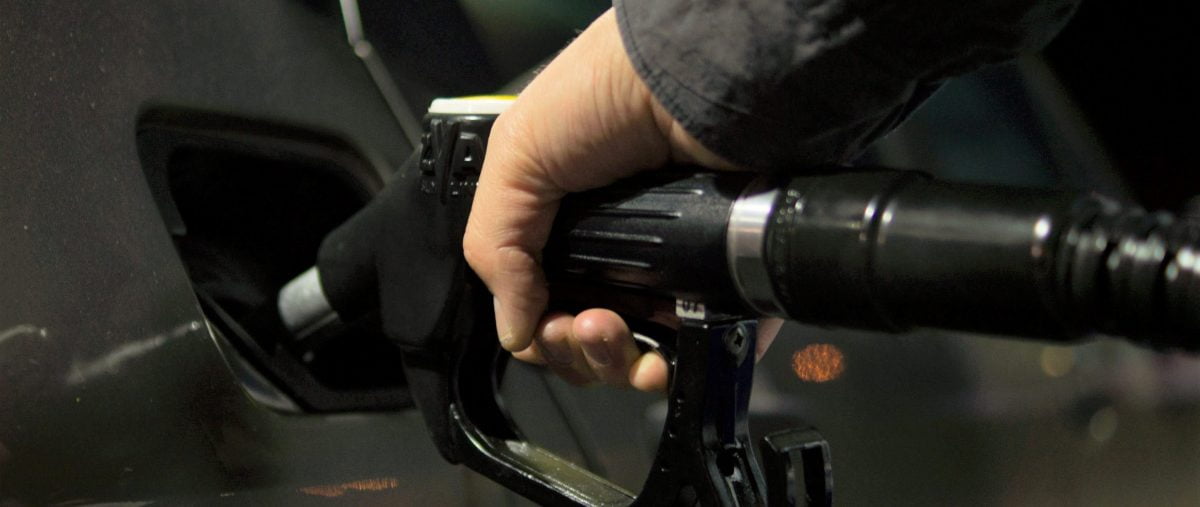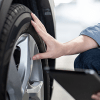
Small driving style adjustments can have big cost-saving implications over thousands of business miles. This was seen at Fleet World’s inaugural WLTP Challenge, where two of the drivers that received our driver training exceeded their car’s official mpg figures by 42-43%. Below are some top tips that could help your fleet see the same results:
- Keep driving smooth. Gentle acceleration and using the highest safe gear will use less fuel. Anticipate the road ahead and ease off the accelerator early for traffic lights if they are red – why hurry up to wait?
- Keep your tyres well maintained by checking the condition, pressures and tread depth. When it comes to choosing new tyres, it’s worth having a look at ones which are designed for extra economy. See our tyre tips for more information.
- Keep your speed low. Figures from the Energy Saving Trust¹ show the increases in fuel consumption that fleets may see from higher speeds:

- Get rid of unnecessary weight. Take heavy items out of the vehicle if you don’t need to carry them and remove and roof racks or roof boxes not being used as these also increase drag and reduce fuel efficiency.
- Keep engines warm. Short trips of less than two miles will produce 60% more pollution than a warm engine – avoid these short journeys where possible. Reversing into a parking space also means that less time will be spent manoeuvring out with a cold engine later on.
- Invest in fleet driver training. On-road eco-driving training can have considerable impacts on fuel consumption, delivering savings of up to 15 pence per litre.
- Go electric. FEV and hybrids can offer tax and fuel savings, and improvements in battery and range technology make them more viable for fleet and grey fleet. Our EV Familiarisation course is designed to bring fleet drivers up to speed and for a limited time can be offered free of charge.
IAM RoadSmart’s head of driving and riding standards, Richard Gladman said: “Fuel is expensive but a few small changes in the way we prepare our vehicles and plan our journeys can make a big difference in our fuel consumption. Remember that safety and fuel saving can be complementary if we drive effectively.”
¹ Source: Department for Transport, (2016), Advising fuel efficient driving techniques for your fleet.



